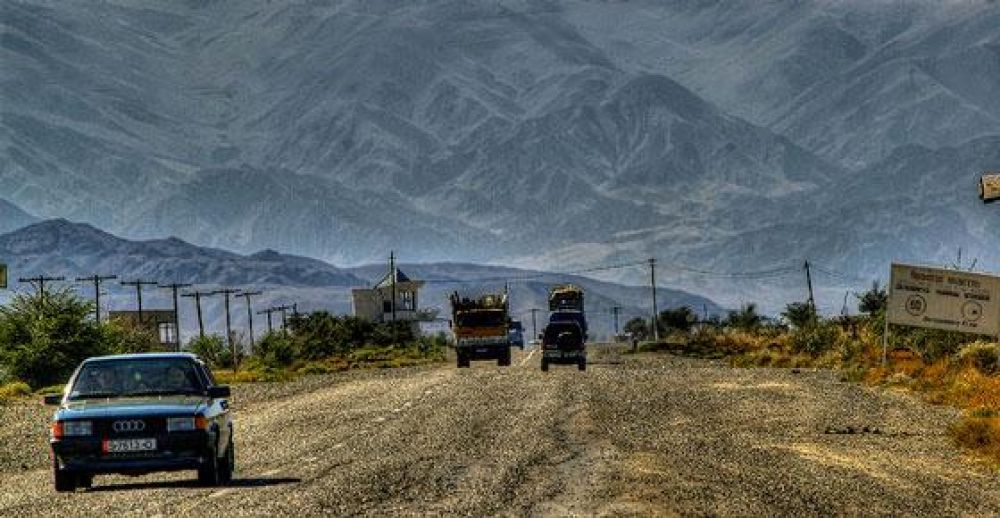

Isfara is a city in Sughd Province in northern Tajikistan, located in the fertile Ferghana Valley, one of Central Asia's most significant agricultural regions. It is known for its rich history, dating back more than 2500 years and is regarded as a cradle of Central Asian culture and civilization.
The history of tourism in Isfara is intricately linked with its historical and cultural heritage. As a part of the ancient Silk Road that connected the East and the West, Isfara has long been a destination for traders, scholars, and adventurers. Over time, word of the region's beauty and cultural richness spread, attracting a more diverse group of visitors.
Modern tourism in Isfara has developed gradually post-Tajikistan's independence in 1991. The government of Tajikistan, recognizing the potential of tourism as a source of revenue and cultural exchange, has been working to improve infrastructure, preserve historical sites, and promote cultural attractions to international tourists.
The Isfara Cultural Center is a hub for cultural activities and interactions, spotlighting the local arts, music, and traditions of the region. The center represents an initiative to cherish and display the rich cultural fabric of Isfara for both locals and tourists.
The center is not only serving as a local community venue but has become a point of interest for travelers who want to experience the authentic cultural atmosphere of Isfara. Traditional dances, musical performances, and local handicraft exhibitions are among the many attractions that the Isfara Cultural Center offers. Additionally, it provides learning opportunities for visitors to understand and participate in traditional crafts and arts workshops, such as pottery, embroidery, and wood carving.
The latest tourism trends in Isfara, and across Tajikistan, reflect a growing interest in eco-tourism and cultural experiences. Travelers are increasingly seeking out destinations that offer natural beauty alongside the opportunity to engage deeply with the local culture. Isfara, with its untouched landscapes and cultural richness, caters well to these preferences.
There's also an uptrend in community-based tourism, where tourists stay with local families, enjoy homemade traditional meals, and immerse themselves in everyday life. This trend is particularly significant for Isfara, as it allows for direct cultural exchange and provides an economic boost to local households.
While visiting Isfara, tourists can explore other points of interest such as the ancient ruins of Kirgizkhan settlement, the scenic Chorkuh village, and the bustling Isfara market, where they can sample local fruits and nuts, which the region is famous for.
Tourism in Isfara is poised for growth, blending its deep-rooted history with a willingness to share its cultural treasures with the world. The Isfara Cultural Center plays an integral role in this development, ensuring that visitors leave with a profound appreciation of the city’s heritage and a memorable cultural experience.